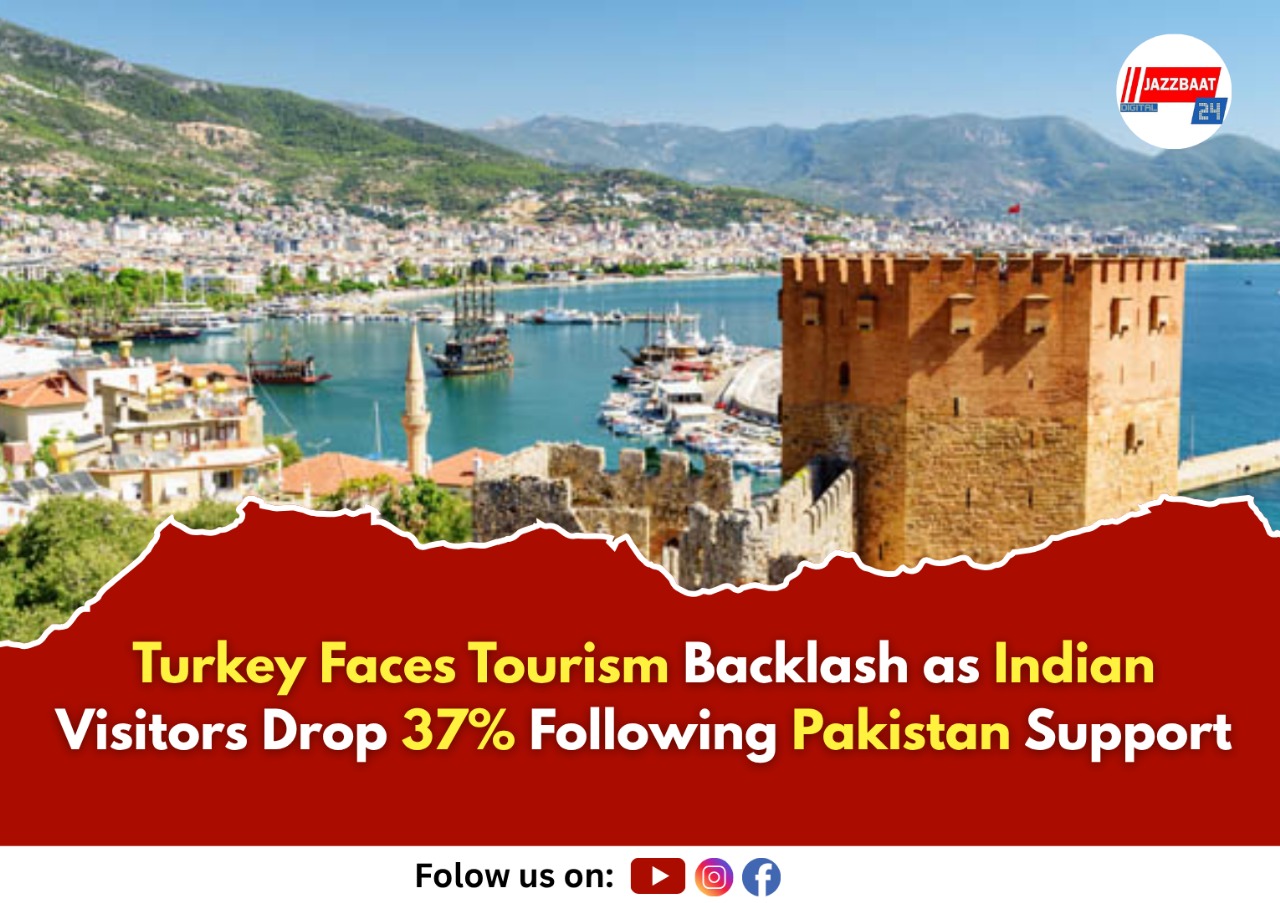
Turkey's tourism industry is experiencing significant fallout from its diplomatic stance during India's Operation Sindoor, with Indian tourist arrivals plummeting by 37% in June 2025, marking one of the steepest declines in recent years.
Official data from Turkey's Ministry of Culture and Tourism reveals that only 24,250 Indian tourists visited the country in June, compared to 38,307 during the same period last year. The sharp decline extends to May, where arrivals dropped 24% to 31,659 from 41,544 in 2024.
The dramatic downturn stems from Turkey's vocal support for Pakistan during Operation Sindoor, India's cross-border military response to terrorist attacks in Pahalgam. The situation escalated when Indian forces recovered debris from Turkish-made SONGAR ASISGUARD drones used by Pakistan during the conflict.
Prime Minister Narendra Modi, addressing Parliament this week, highlighted that only three countries – Turkey, China, and Azerbaijan – sided with Pakistan during the operation, while the international community largely supported India's position.
The revelation of Turkish military involvement sparked widespread boycott calls across India, with major travel platforms including MakeMyTrip, EaseMyTrip, and Cleartrip suspending promotional activities for Turkey tour packages.
The diplomatic rift extends beyond tourism, affecting broader commercial relationships. IndiGo, India's largest airline, appears to be reconsidering its partnerships with Turkish entities. The carrier cannot extend its wide-body aircraft lease with Turkish Airlines beyond August 31, and industry sources suggest this decision aligns with deteriorating bilateral relations.
Both IndiGo and Air India currently maintain aircraft maintenance agreements with Turkish Technic, but changes appear imminent. IndiGo has already announced a new partnership with Lufthansa Technik, while Air India's leadership indicates they're exploring alternative maintenance providers.
Meanwhile, ground handling agency Celebi, majority-owned by a Turkish company, has had its license suspended, with staff being redistributed to other agencies to maintain airport operations.
While Indians represent only 0.6% of Turkey's total foreign tourist arrivals, the market had been showing promising growth. In 2024, 330,985 Indians visited Turkey - a 20% increase from the previous year. The current trajectory suggests this progress has been significantly reversed.
Between January and June 2025, total Indian arrivals reached 139,215, down 15% from 164,373 during the same period in 2024. June traditionally marks peak season for Indian travelers, making the 37% decline particularly significant.
Modi's recent visit to Cyprus while en route to the G7 Summit in Canada sent a clear diplomatic message. During the visit, he toured UN-controlled areas in Nicosia and discussed the ongoing Turkish occupation of northern Cyprus since 1974, highlighting the complex regional dynamics at play.
Turkey's President Recep Tayyip Erdoğan has maintained strong ties with Pakistan, with both countries' leadership exchanging high-level visits following Operation Sindoor. Pakistani Prime Minister Shehbaz Sharif and Army Chief Asim Munir visited Ankara to express gratitude for Turkey's support during the tensions.
As the boycott campaign continues to gain momentum on social media, Turkey faces the challenge of balancing its strategic partnerships while managing the economic consequences of its diplomatic choices. The tourism sector's recovery will likely depend on broader improvements in India-Turkey relations.